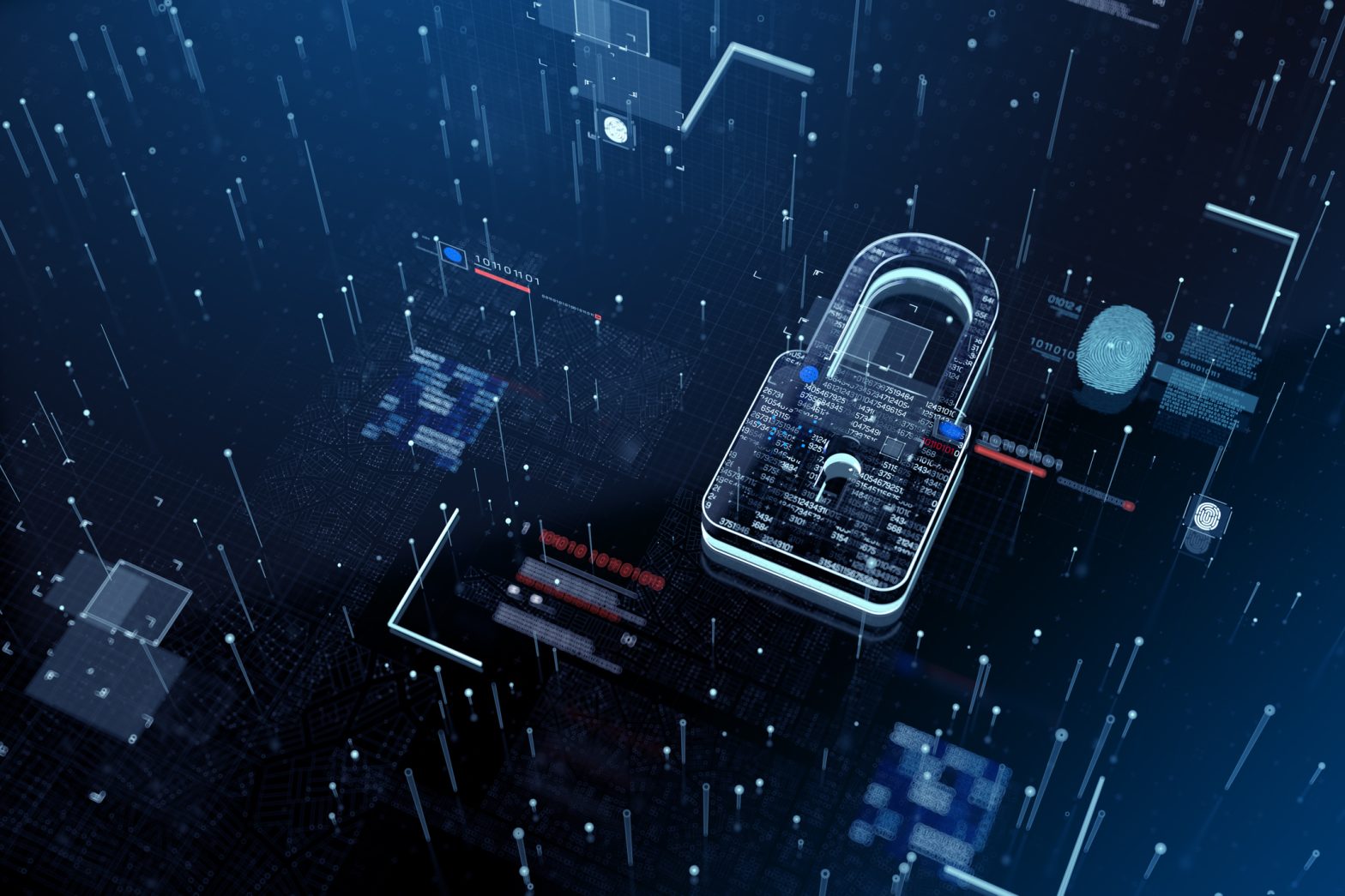What is The Future of Cybersecurity?
Cybersecurity has become an increasingly important issue in our digital world, with the constant threat of cyber-attacks and data breaches. We must be curious about the future of cybersecurity.
As technology advances and new vulnerabilities are discovered, it is critical to stay informed about emerging trends and predictions for the future of cybersecurity. In this article, we will explore some of the most significant developments in cybersecurity and make predictions about what we can expect to see in the coming years.

From the rise of artificial intelligence and machine learning to the increasing sophistication of cybercriminals, we will examine the challenges and opportunities facing the cybersecurity industry. By understanding these emerging trends and predictions, we can better prepare for the future and safeguard our digital lives.
Increased use of Artificial Intelligence and Machine Learning in Cybersecurity
In the modern world, artificial intelligence (AI) and machine learning are becoming increasingly important to help protect businesses from cyber threats.
AI-driven systems analyze large sets of data to detect anomalies that might indicate a potential security breach. Companies like NordVPN Vs TunnelBear use AI technology to ensure their customers’ safety online by detecting malicious activities early on.
NordVPN provides users with a comprehensive security suite that includes malware protection, anti-phishing protection, and VPN services. Their AI system is designed to monitor user behavior in order to detect any suspicious activities quickly and accurately.
Read More: How to Increase e-commerce sales and make more profit
However, TunnelBear also provides users with high levels of cybersecurity thanks to its machine-learning algorithms, which can spot malicious patterns in user behavior and stop traffic from erroneous IP addresses. Both NordVPN and TunnelBear have adopted AI technologies in order to provide their customers with enhanced digital security solutions.
The Growing Importance of Data Privacy and Protection
Data privacy and protection are becoming increasingly important in the modern world as more personal and sensitive information is shared and stored online.
- The rise of social media and other online platforms has led to an explosion of personal data being collected and shared.
- Data breaches are becoming more common and can result in significant financial and reputational damage to individuals and organizations.
- Governments around the world are enacting new data privacy regulations, such as the European Union’s General Data Protection Regulation (GDPR) and the California Consumer Privacy Act (CCPA).
- Consumers are becoming more aware of their privacy rights and are demanding greater transparency and control over their personal data.
- Companies that do not protect the data of their customers risk legal action and a decrease in customer confidence.
- Data privacy and protection are not just the responsibility of IT departments but require a holistic approach that involves all aspects of an organization.
- Best practices for data privacy and protection include encrypting sensitive data, implementing multi-factor authentication, regularly backing up data, and conducting regular security audits.
In addition to protecting against external threats, organizations must also be aware of the risks posed by insider threats, such as employees who intentionally or unintentionally disclose sensitive information.
Read More: The Proven Ways to Increase Business Sales
Cybersecurity in the Internet of Things (IoT) era
The Internet of Things (IoT) refers to the growing number of devices and objects that are connected to the Internet, such as smart home devices, wearables, and industrial sensors. While the IoT offers many benefits, it also presents significant cybersecurity challenges.
- Many IoT devices are designed with limited security features, making them vulnerable to attack.
- IoT devices often collect and transmit sensitive data, such as personal health information or financial data.
- Large-scale cyberattacks, like distributed denial-of-service (DDoS) attacks, can be carried out by attackers using compromised IoT devices.
- The large number of IoT devices makes it difficult to monitor and manage security risks across an organization.
- Best practices for securing IoT devices include implementing strong passwords, using encryption, and regularly updating firmware.
- As the IoT continues to grow, new cybersecurity challenges are likely to emerge, such as the need for more advanced threat detection and response capabilities.
Collaboration between device manufacturers, IT departments, and cybersecurity professionals will be essential to address these challenges and ensure the security of the IoT ecosystem.
The Rise of Nation-State Cyber Attacks

Nation-state cyberattacks, also known as state-sponsored cyberattacks, are on the rise. These attacks are carried out by governments or other state actors for political, economic, or military gain. Here are some key points to consider:
- Nations and organizations all over the world are increasingly at risk from nation-state cyberattacks.
- State-sponsored attackers often have significant resources and expertise, making them capable of launching highly sophisticated attacks.
- The targets of these attacks can vary widely, from critical infrastructure such as power grids and transportation systems to government agencies and private companies.
- Nation-state attackers may use a range of tactics, such as malware, phishing, and social engineering, to gain access to their targets’ systems.
- Attribution of nation-state attacks can be difficult, as attackers may use a variety of techniques to hide their identity and location.
- Best practices for defending against nation-state attacks include implementing strong security controls, conducting regular security audits, and training employees to identify and respond to potential threats.
As the frequency and sophistication of nation-state attacks continue to increase, it will be important for governments and organizations to work together to share information and develop new strategies for defending against these threats.
Conclusion
In conclusion, the future of cybersecurity is complex and challenging, with new threats and emerging technologies creating a constantly evolving landscape. The use of artificial intelligence and machine learning is set to become more prevalent in cybersecurity, enabling faster threat detection and response times. Data privacy and protection will continue to be a key focus for individuals and organizations, with new regulations and best practices being developed to address these concerns. The growth of the Internet of Things (IoT) presents new challenges for cybersecurity, requiring a holistic approach to securing devices and data.

